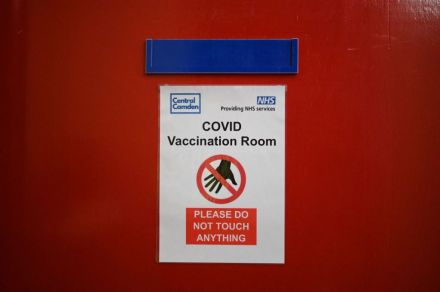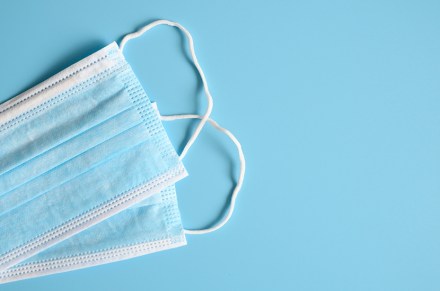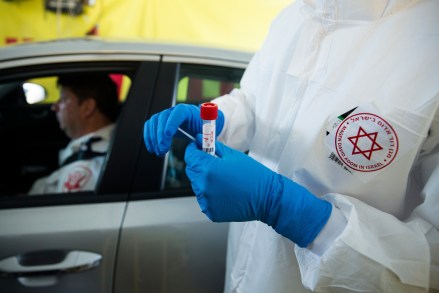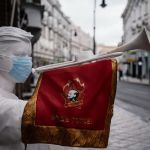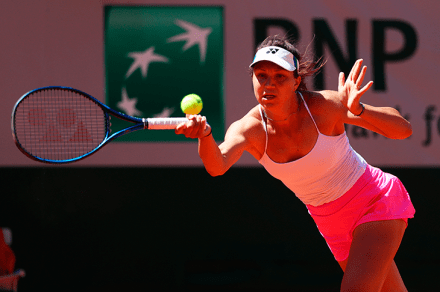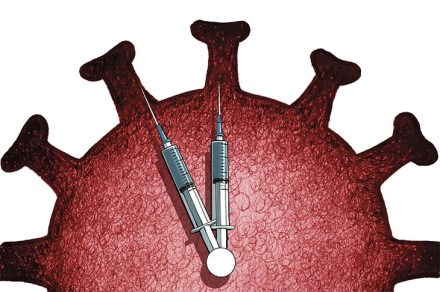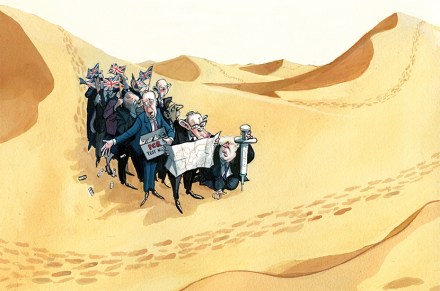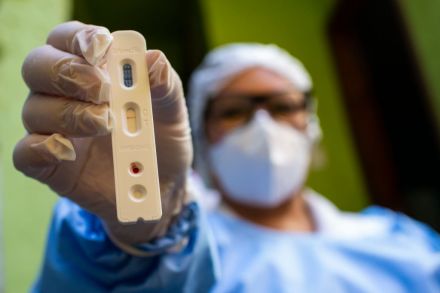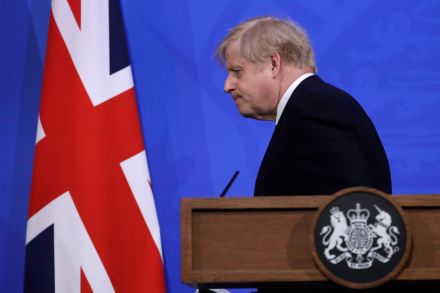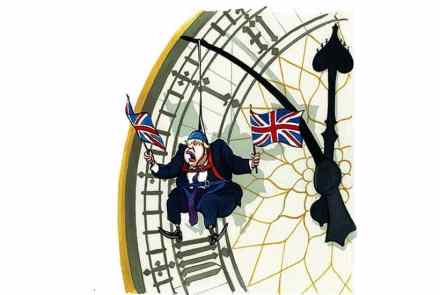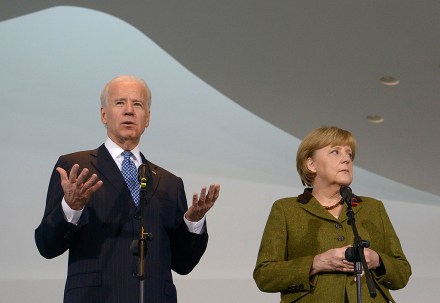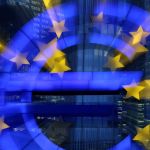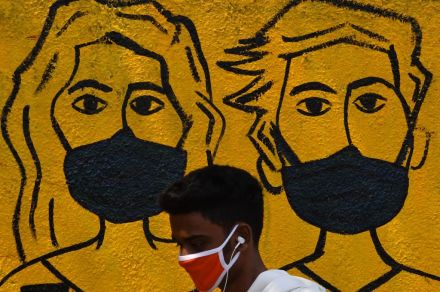Don’t blame young people for plummeting vaccination rates
There is a myth in football that you are always most susceptible to letting in a goal after you have just scored one. It’s probably not true but the idea is attractive. At the peak of our achievement we are vulnerable to complacency. Is a similar thing happening with the vaccine programme? The current prevailing narrative is that the declining rates of vaccination are the fault of the under 30s. Government scientists accept that the country is ‘close to maximum take-up’, with many young people still hesitant about vaccination, the Times reported this week. But is that right? There is probably some truth to the less-than-urgent demand amongst this lower-risk
